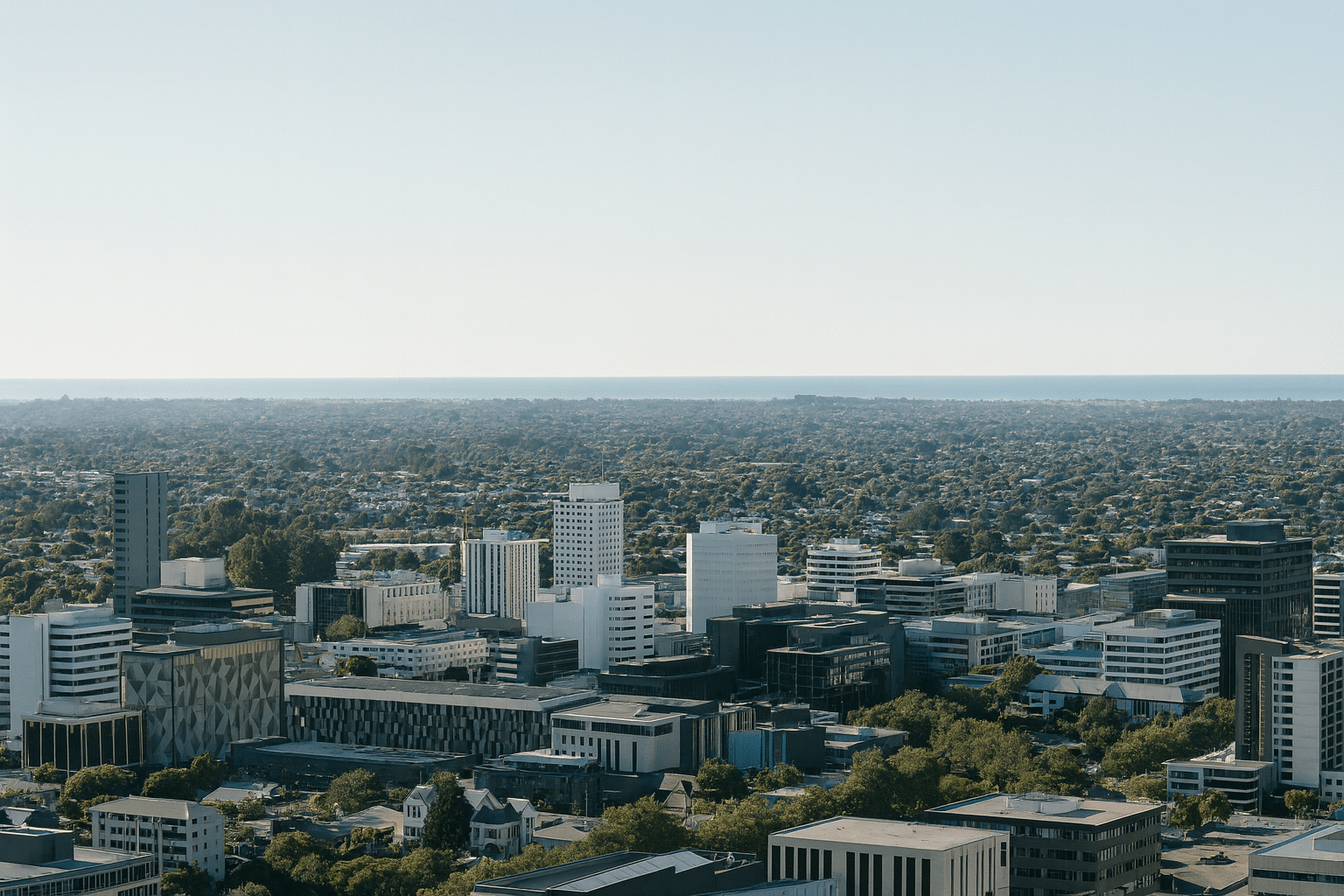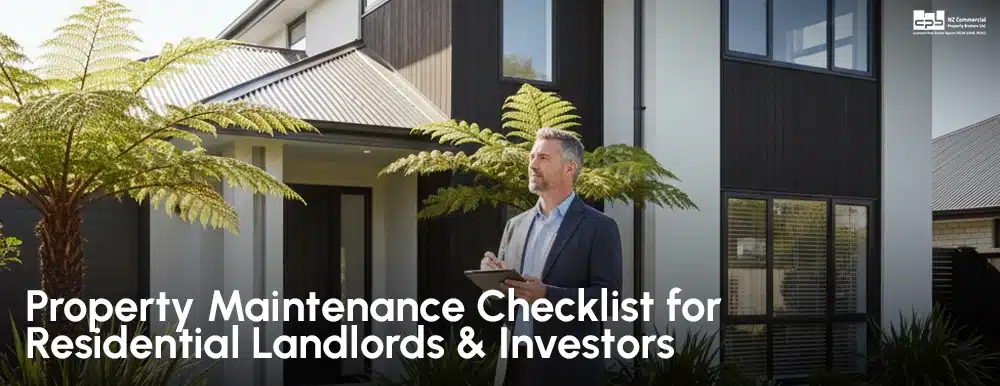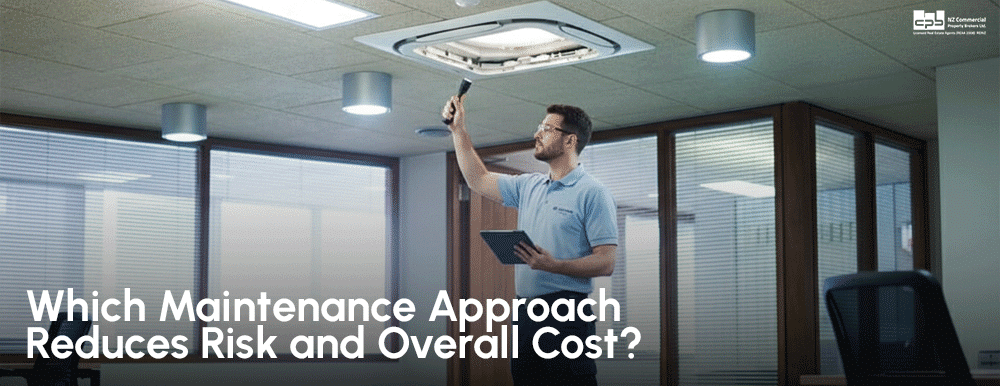Buying a commercial property is one of the biggest decisions you can make as a business owner or investor in New Zealand. The stakes are high, and even small mistakes can turn into expensive lessons. Many people rush into a purchase only to find unexpected maintenance bills, zoning issues, or financing gaps.
The good news is that you don’t need to navigate this process blindly. By learning about the common pitfalls and how to avoid them, you can buy with confidence and protect your investment from the very start.
Research the Market Before Making Any Commitments
When buying a commercial property, one of the most common mistakes is rushing in without understanding the market. It’s tempting to fall in love with a space that looks perfect, but appearances alone can be misleading. Market knowledge helps you avoid overpaying and ensures you don’t miss out on better opportunities.
A few key areas to focus on include:
- Local property values: Compare recent sales of similar commercial properties for sale in the same area.
- Trends in demand: Look at whether businesses are moving into or out of the location.
- Vacancy rates: A high number of empty shops or offices may be a warning sign.
By taking the time to research, you position yourself as an informed buyer who knows when to walk away from a bad deal.
Don’t Overlook Location and Accessibility
You’ve probably heard the phrase “location is everything,” and with commercial property, it couldn’t be truer. Even the most modern building will struggle to deliver returns if it’s in the wrong spot.
Think about how clients, customers, and staff will access the property. Are there good public transport links? Is there enough parking? Will the area attract foot traffic that supports retail businesses? These are all questions that should guide your decision.
Business growth in the surrounding area is also a major consideration. A property in a thriving district will not only support your tenants now but also increase in value over time.
Understand Zoning and Legal Restrictions
Nothing slows down an investment faster than realising your property can’t be used the way you planned. Every commercial property is subject to zoning rules that dictate its legal use. For example, a building zoned for retail may not be suitable for industrial use, no matter how perfect it looks.
Always check compliance before you commit. Failing to do so could mean costly legal battles or the need to sell a property that doesn’t suit your goals. Working with an experienced broker or property advisor can help you identify these restrictions early and save you from unnecessary setbacks.
Avoid Underestimating Maintenance and Operating Costs
The purchase price of a commercial property is only part of the overall expense. Many first-time buyers underestimate the ongoing costs that come with ownership, which can put real strain on finances later.
Here are three key cost areas that often surprise new owners:
- Repairs and wear-and-tear: Even modern buildings need upkeep. Roof leaks, air conditioning systems, and plumbing issues all add up quickly.
- Utilities and running costs: Power, water, and internet services should be factored into the budget.
- Compliance upgrades: Meeting fire safety or accessibility standards often requires additional investment.
Ignoring these costs can turn what looks like a good deal into a financial burden. By planning for them upfront, you’ll protect your cash flow and avoid nasty surprises.
Get Your Commercial Property Inspected by a Professional
No matter how good a building looks during a walk-through, hidden issues can lurk behind the walls. Skipping inspections is one of the riskiest mistakes buyers make. A professional inspection can uncover structural problems, safety hazards, or needed repairs that aren’t obvious at first glance.
Think of it as a small investment that prevents massive losses down the track. Discovering problems early allows you to negotiate repairs before purchase or decide if the property is worth the asking price.
Don’t Rely on Guesswork With Commercial Property Financing
Financing a commercial property is not as simple as arranging a mortgage for a home. The numbers are bigger, the risks are higher, and the structures of loans can be more complex. Relying on guesswork is a recipe for overstretching your budget.
Instead, consult with financial experts who understand commercial property in New Zealand. They can help you map out realistic repayments, forecast operating costs, and avoid taking on debt that becomes unmanageable. Getting the financial side right gives you peace of mind and a stronger foundation for growth.
Neglecting Property Management Can Cost You Later
Owning a commercial property doesn’t end when the purchase is complete. It comes with ongoing responsibilities like tenant management, building maintenance, and compliance with health and safety laws. Many investors underestimate how much time and skill this requires.
This is where commercial property services make a real difference. Partnering with a trusted management team ensures your property stays well-maintained, tenants remain satisfied, and your investment is protected for the long term. It also frees you from day-to-day headaches so you can focus on your business or other assets.
Overlooking Tenant Quality and Lease Agreements
A commercial property is only as profitable as the tenants who occupy it. Too often, buyers focus solely on the building itself and overlook the people who will actually generate income. Weak tenant agreements or poor tenant quality can lead to unpaid rent, disputes, or vacancies that damage your returns.
Here are two important points to remember:
- Review lease agreements carefully: Make sure terms are fair, enforceable, and designed to protect your interests.
- Prioritise reliable tenants: A tenant with a stable business and strong track record is worth far more than filling a space quickly with an uncertain occupant.
Taking the time to assess tenants ensures steady income and reduces the risk of costly conflicts.
Forgetting to Plan for Future Growth or Exit Strategies
When buying a commercial property, it’s easy to think only about the immediate benefits. But smart investors always look ahead. Ask yourself:
- Will the property support long-term growth for your business?
- How easy will it be to sell when the time comes?
- Could it adapt to different uses in the future?
By planning for growth or an exit strategy, you build flexibility into your investment. That flexibility protects you from being locked into a property that no longer serves your goals.
Not Working With an Experienced Commercial Property Broker
Buying a commercial property on your own might seem like a way to save money, but in reality, it often costs more. Without professional guidance, you risk missing red flags, overpaying, or choosing a property that doesn’t fit your needs.
An experienced broker brings local knowledge, negotiation skills, and a clear understanding of potential risks. They act as your advocate, ensuring you secure the best deal and avoid expensive mistakes. It’s an investment in expertise that pays off many times over.
Buy Smart, Avoid Mistakes, and Protect Your Investment
Every mistake avoided is money and stress saved. By taking time to research, prioritising location, understanding costs, and leaning on experts, you set yourself up for success in buying commercial property.
Suppose you’re looking at commercial property for sale, considering a lifestyle property for sale, or simply want to protect your purchase with reliable commercial property services. In that case, CPB is here to guide you. With years of experience helping New Zealand business owners and investors, we simplify the process and safeguard your investment.



